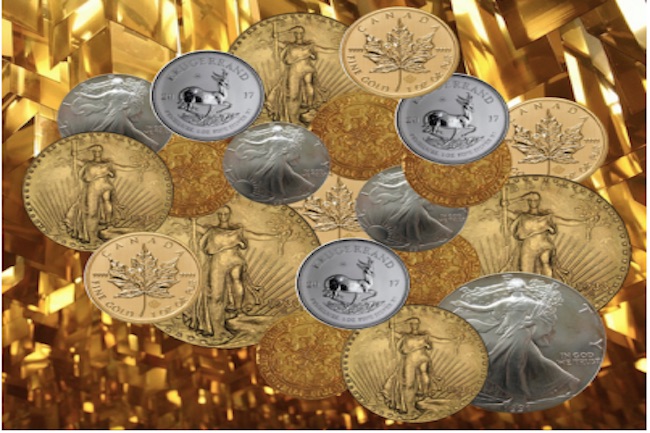SOUND MONEY: A BIBLICAL PERSPECTIVE – PART II by Claudio Grass
«Because gold is honest money, it is disliked by dishonest men.“ – Ron Paul
The value of silver and gold is given by their own nature
Neither gold nor silver has value expressed in other units of account. Their value is expressed directly in their own weights. Everything else that is valuable (other assets, commodities, goods, services, or performed labor) is measured against a certain weight of these metals. In other words, the value of gold and silver is assigned by their own nature, while the value of a transaction is measured by the quantity of the metal that changes hands.
A great example of this can be found in Genesis 23:16, in which Abraham was purchasing a plot of land to bury his wife:
“Abraham agreed to Ephron’s terms and weighed out for him the price he had named in the hearing of the Hittites: four hundred of silver, according to the weight current among the merchants.”
It’s important to note here that a “shekel” is in fact a measuring unit for weight, not a monetary value, as contemporary reader might assume. This is the reason we are told that Abraham “weighed out for him the price”, and not that he simply paid Ephron the agreed price.
Measuring value in terms of weight offers a consistency that no currency is able to provide. This is because weight does not change over time. Many different units of weight measurement have been used over millennia and are still in use today, but the weight itself does not change. One troy ounce will always be one troy ounce, one gram will always be one gram and one troy ounce will always be 31.1 grams.
Genesis 13:2 “Abraham was rich in cattle, silver and gold”
The fact that Abraham was rich in cattle, silver and gold is not only a reference to a man being willing to obey God, but it is also a description of a complete economic model, based on three fundamental functions that all humans need and that all economies are built on: Production; Exchange; and Wealth accumulation.
Cattle represents productive activities. Apart from sustaining the owner and his family directly, it also provides growth, following the “seed and harvest” principle established during creation. Being rich in livestock, Abraham had access to an asset that allowed for continuous production and growth. It was not only a source of revenue, sustaining him and his family, but it also ensured a flow of goods that was steadily increasing.
As the revenues of productive activities increased, the overflow or excess of goods are sold and exchanged for keseph (silver money). Using metals as a medium of exchange proved to be very convenient because of their universal acceptance. Their value was determined by their scarcity. Silver was scarce; and the fact that it required more labor to extract and refine, made it valuable. By exchanging his production overflow for silver, Abraham was able to accumulate a non-perishable asset that could be used later to acquire whatever he and his family members needed. Therefore, we can say that silver represents the second fundamental economic function: exchange, or trade.
As this process expands and more and more silver is accumulated, the excess silver is exchanged into gold for wealth accumulation. Gold is approximately 15 to 20 times scarcer than silver, and because of its physical and chemical qualities, and difficulty to extract and purify, gold is much more valuable than silver and it provides the ultimate storage vehicle of accumulated value. Equally importantly, gold, like silver, does not represent someone else’s liability. Assets that represent someone else’s liability derive their value from that party’s ability to deliver on a promise. Only assets with intrinsic value can be considered God-given, simply because God alone can make unconditional promises.
While both silver and gold serve as God’s defined mediums of exchange, their usage is somewhat different. Silver is supposed to be used for everyday transactions, where the value of the goods and services exchanged is relatively low. Gold is used for higher value transactions, wealth accumulation, and wealth transfer to future generations.
Overall, the economic model based on these three fundamental functions (production, exchange/trade and wealth accumulation) is applicable for individuals, communities or entire nations. All three elements are necessary. If any of the three areas is missing, an economic system, regardless of its scale, is imbalanced and unsustainable in the long run.
Deuteronomy 17:17 “The king must not accumulate large amounts of silver and gold.”




